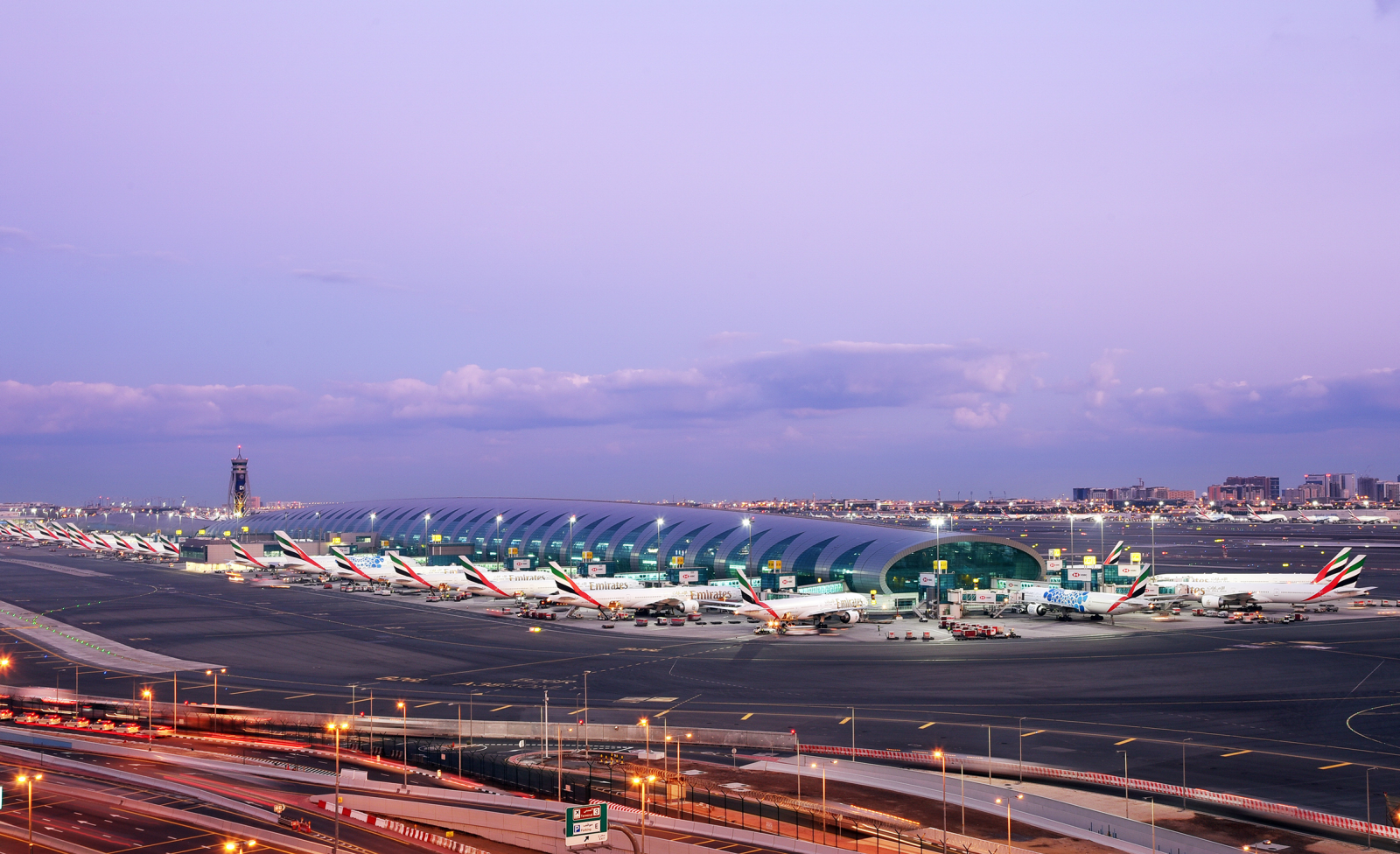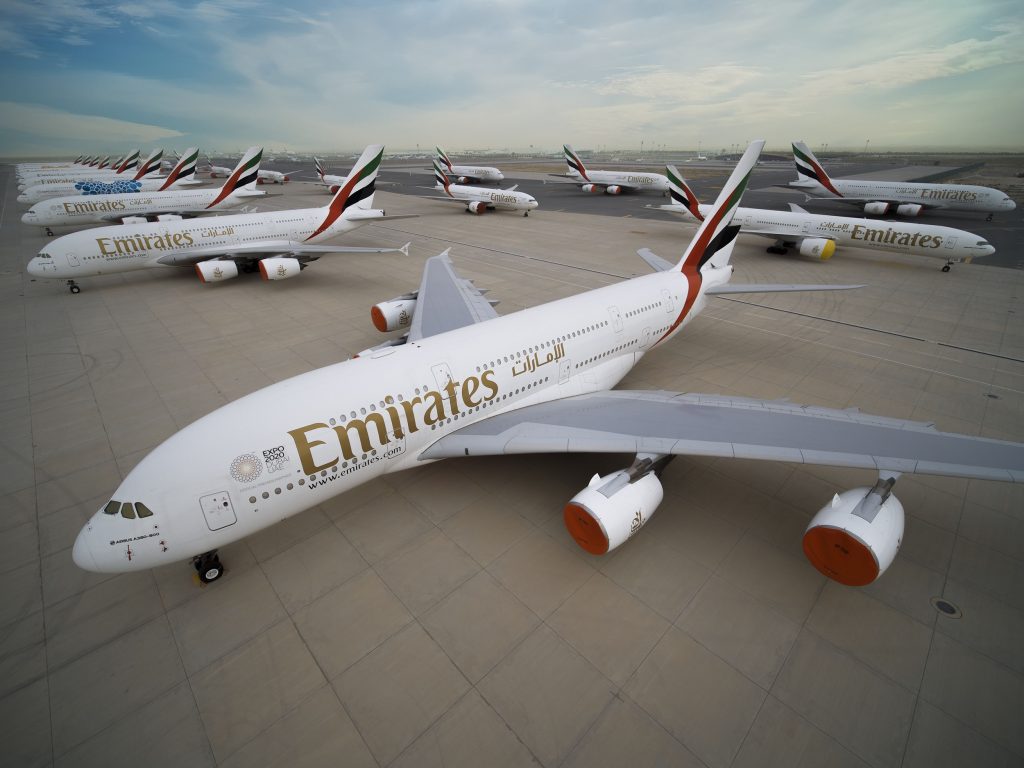
Emirates today said it would take at least 18-months for travel demand to recover from the COVID-19 pandemic as the airline and the wider aviation group concluded that the crisis would have a “huge impact” on its financial performance this year. For 2019, Emirates Airline reported a 21 per cent hike in profits to $288 million, while its parent company saw overall profits drop 28 per cent to $456 million.
Emirates has been forced to suspend all regular passenger operations since March 25 and doesn’t expect to resume scheduled services until at least July. Sheikh Ahmed bin Saeed Al Maktoum, Emirates’ chairman and chief executive said the group would continue to take “aggressive cost management measures” to safeguard the future of the business.

“We expect it will take 18 months at least, before travel demand returns to a semblance of normality,” Sheikh Maktoum warned. “For the first 11 months of 2019-20, Emirates and dnata were performing strongly, and we were on track to deliver against our business targets,” the Sheikh continued.
“However, from mid-February things changed rapidly as the COVID-19 pandemic swept across the world, causing a sudden and tremendous drop in demand for international air travel as countries closed their borders and imposed stringent travel restrictions.”
Even before the COVID-19 pandemic, the Emirates Group had been expecting to take a hit from the 45-day closure of one of only two runways at Dubai International Airport (DXB) for planned upgrade works.
Overall, revenues fell 5 per cent on the year before. The Group will tap Dubai’s state fund for financial support and has around $7 billion in cash assets to see it through the crisis. Cash reserves were boosted by a drop in fuel prices prompted by the crisis – unlike other carriers, Emirates has never hedged on fuel.
“Even without a pandemic, our industry has always been vulnerable to a multitude of external factors. In 2019-20, the further strengthening of the US dollar against major currencies eroded our profits to the tune of AED 1.0 billion, global airfreight demand remained soft for most of the year, and competition intensified in our key markets,” Sheikh Maktoum explained.
Emirates said it still plans to start taking deliveries of next-generation aircraft from 2023. Last year, the airline confirmed a $16 billion order for 50 Airbus A350-900 aircraft and 30 Boeing 787 Dreamliners valued at $8.8 billion. The airline did not say whether it might defer or delay delivery of new Boeing 777X aircraft that were originally planned to join its fleet this year.
Emirates’ ground handling division Dnata saw profit plummet by 57 per cent. Dnata blamed a number of investments, as well as the bankruptcy of the Thomas Cook travel company for its drop in profits.
Looking to the future, Sheikh Maktoum said the Group had “taken all possible measures to protect our skilled workforce, and ensure the health and safety of our people and our customers.”
“This will remain our top priority as we navigate a gradual return to operations in the coming months,” he concluded.
The longtime president of the airline, Sir Tim Clark is expected to stay on at Emirates past his expected June retirement date. Sir Tim recently declared the Airbus A380 “is over” and that the A350 and 787 would become the bedrocks of Emirates’ future fleet mix. Emirates is by far the largest operator of the A380 and Sir Tim is credited with configuring the airliner with an onboard bar and shower to differentiate Emirates from its competitors.
Mateusz Maszczynski honed his skills as an international flight attendant at the most prominent airline in the Middle East and has been flying ever since... most recently for a well known European airline. Matt is passionate about the aviation industry and has become an expert in passenger experience and human-centric stories. Always keeping an ear close to the ground, Matt's industry insights, analysis and news coverage is frequently relied upon by some of the biggest names in journalism.







